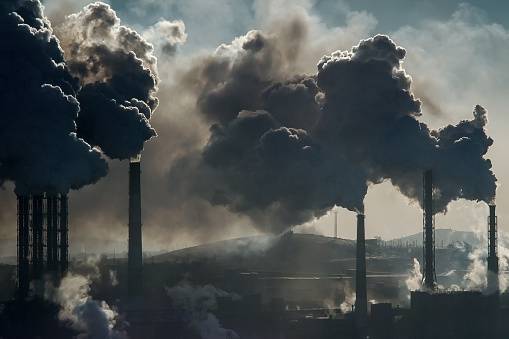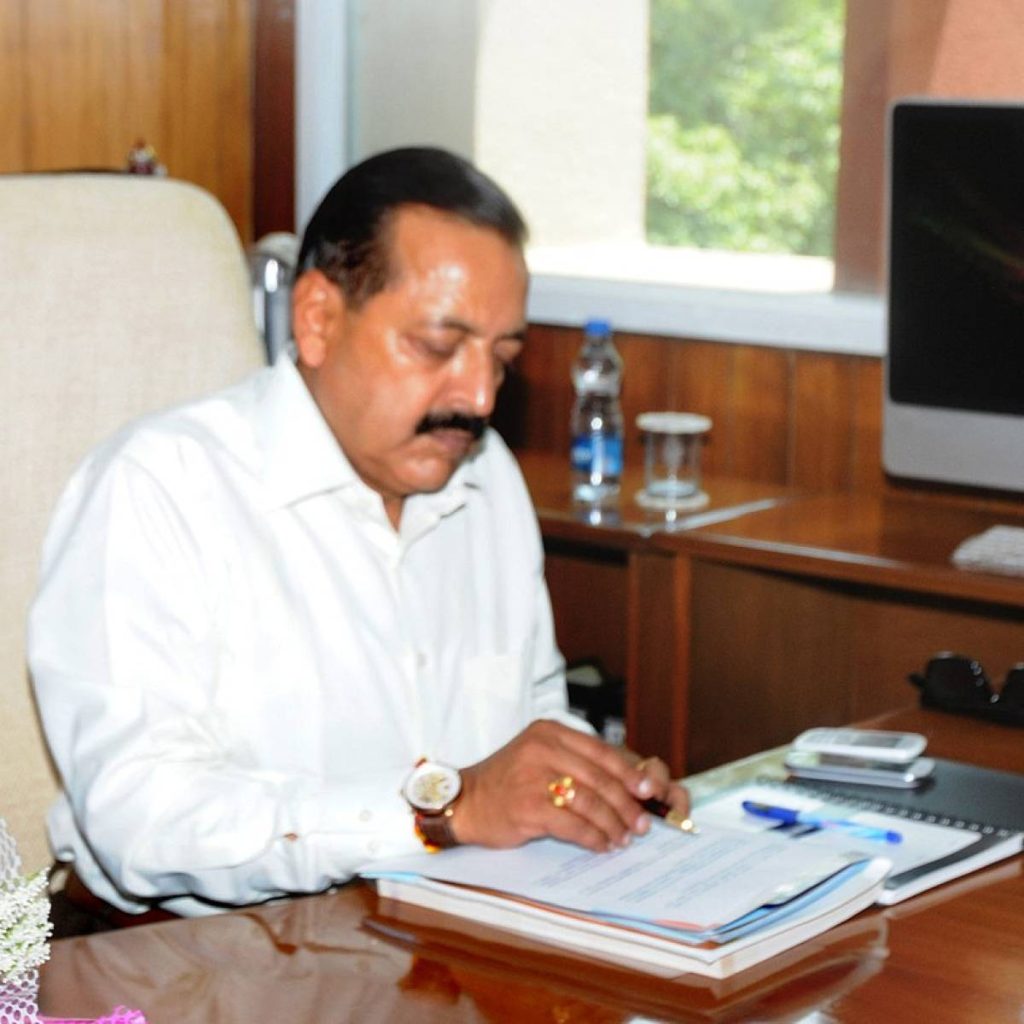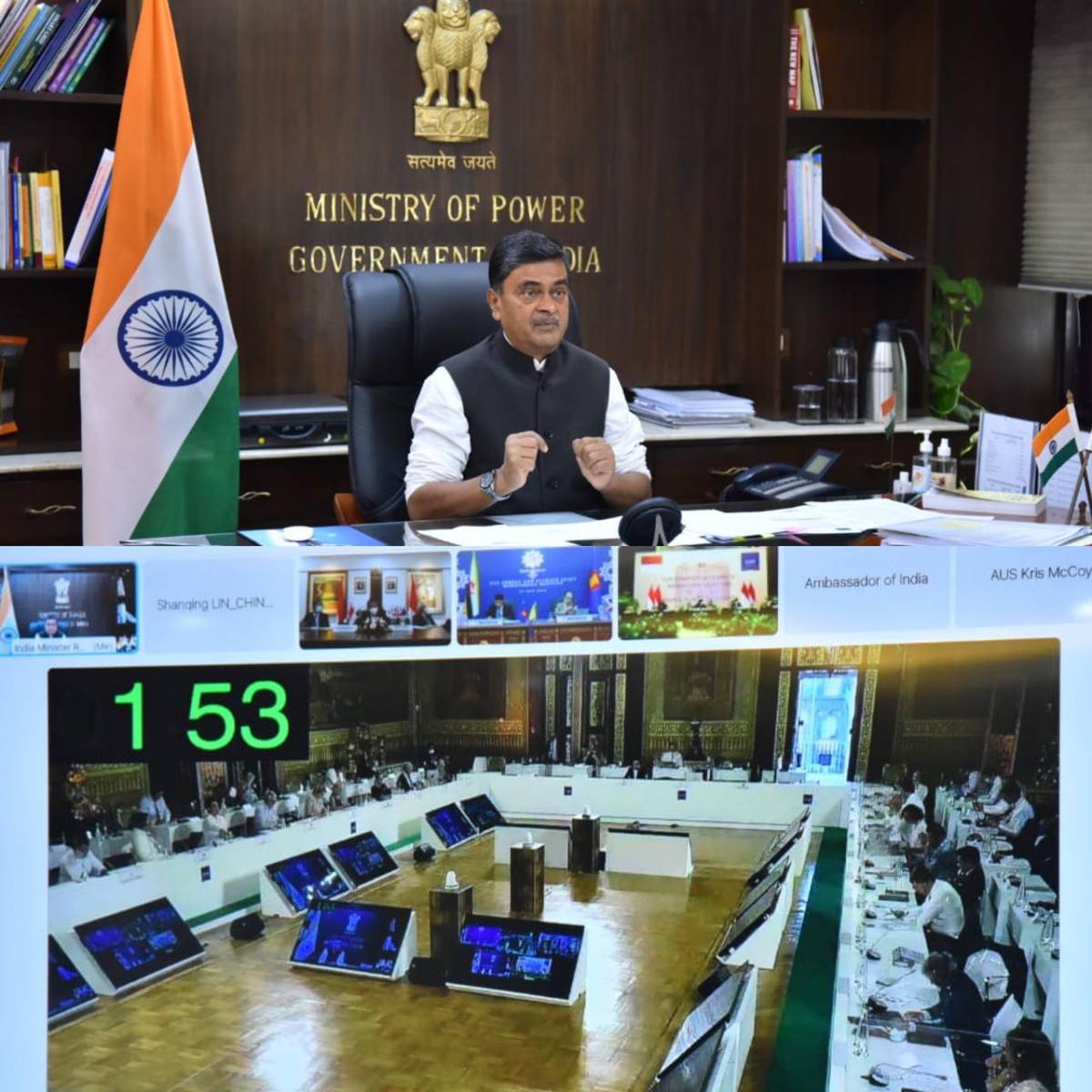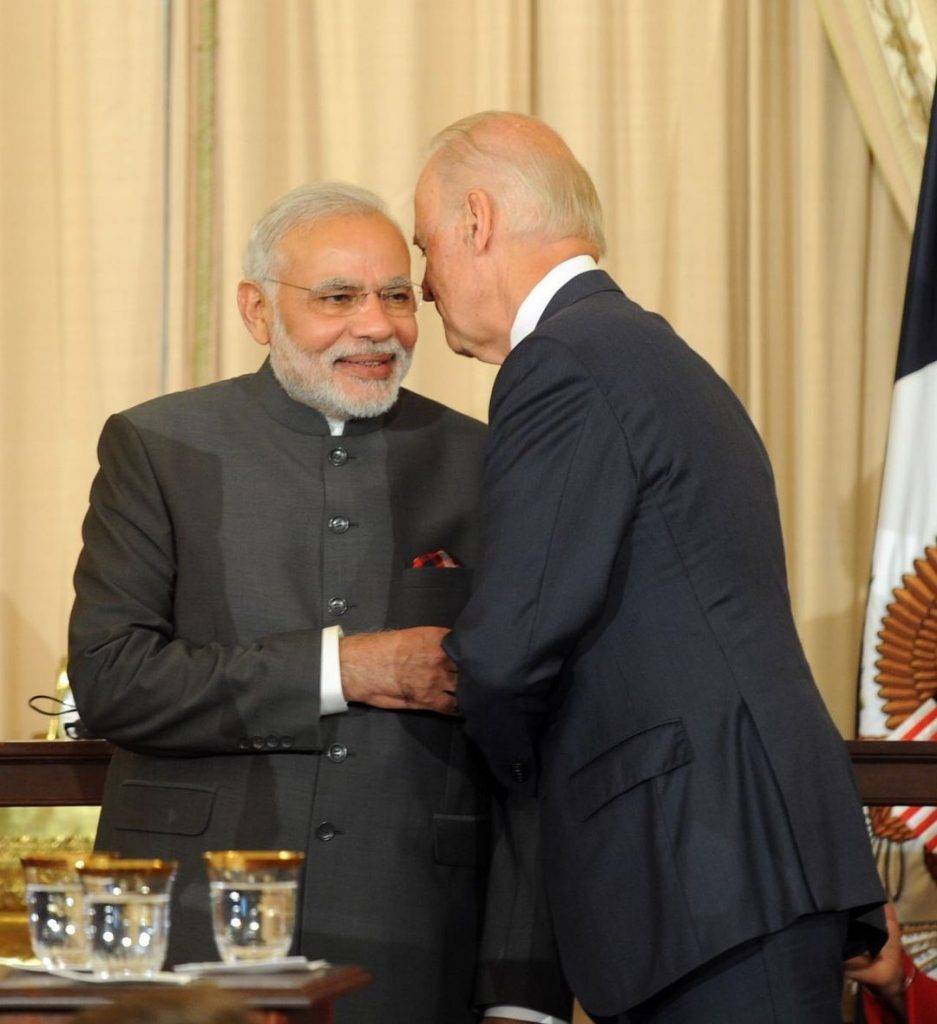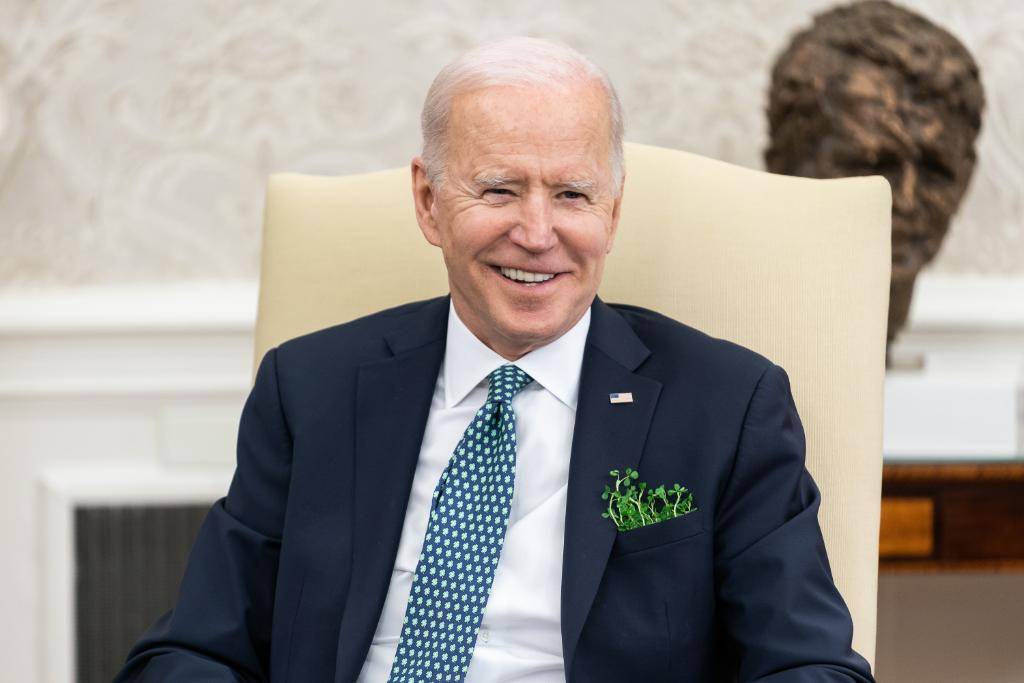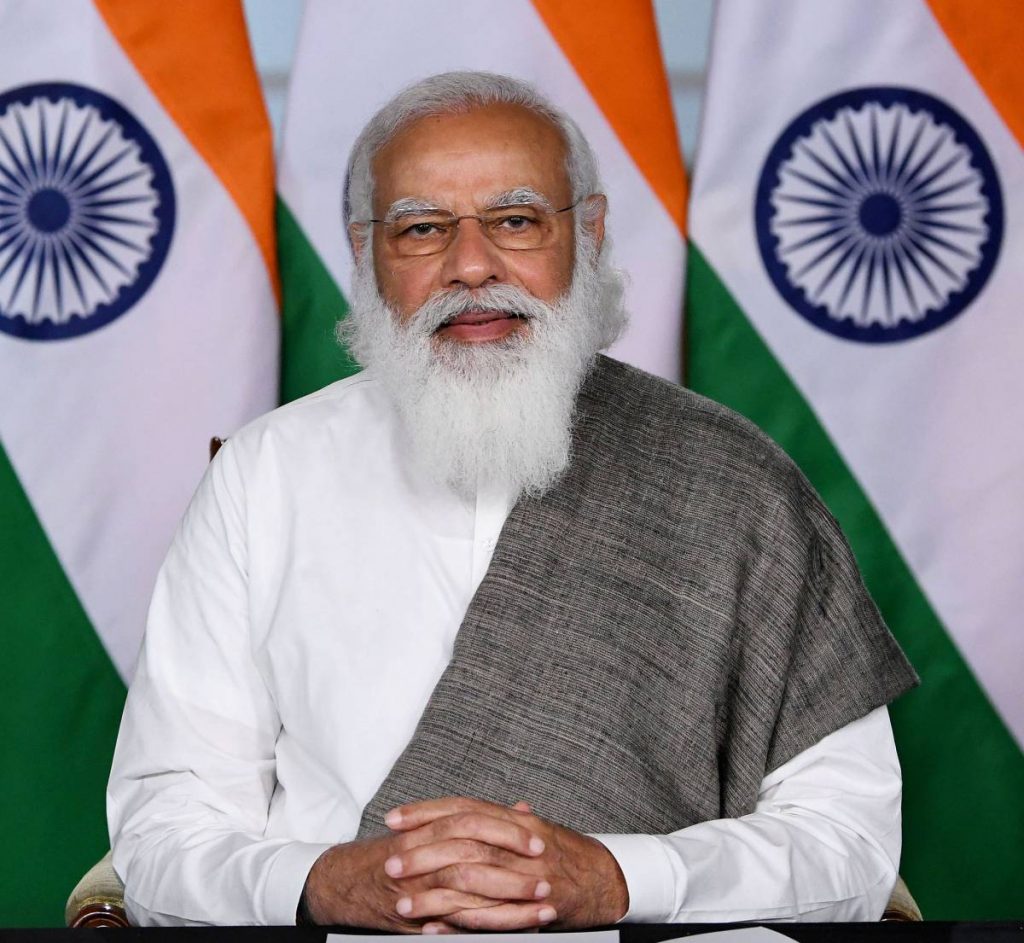Twenty-eight new members signed up to the world’s largest alliance on phasing out coal, the Powering Past Coal Alliance (PPCA) launched and co-chaired by the UK, reports Asian Lite News
The end of coal — the single biggest contributor to climate change — is in sight thanks to the UK securing a 190-strong coalition of countries and organisations at the UN climate negotiations (COP26), with countries such as Poland, Vietnam, Egypt, Chile and Morocco announcing clear commitments to phase out coal power.
Wednesday’s commitments, brought together through UK-led efforts, including the new ‘Global Coal to Clean Power Transition Statement’, encompass developed and developing countries, major coal users and climate vulnerable countries.
This includes 18 countries committing for the first time to phase out and not build or invest in new coal power, including Poland, Vietnam, and Chile, marking a milestone moment at COP26 in the global clean energy transition.
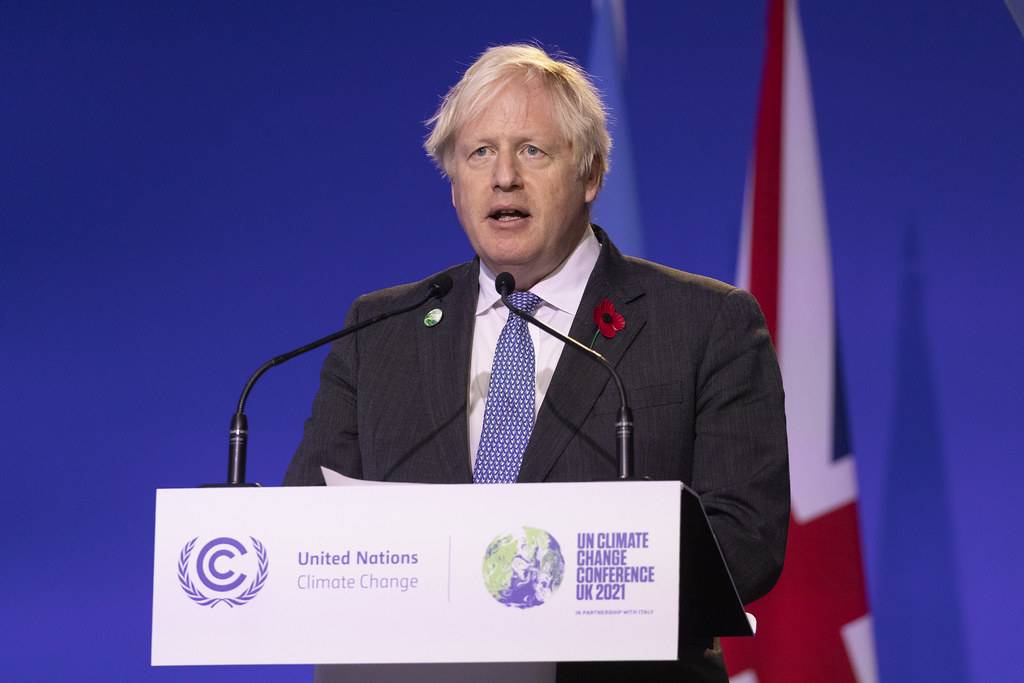
This statement commits nations across the world to: end all investment in new coal power generation domestically and internationally; rapidly scale up deployment of clean power generation; phase out coal power in economies in the 2030s for major economies and 2040s for the rest of the world; and make a just transition away from coal power in a way that benefits workers and communities.
This is on top of China, Japan and Korea, the three largest public financiers of coal, committing to end overseas finance for coal generation by the end of 2021, announced in 2020 during the UK’s incoming COP26 Presidency.
Agreements at the G7, G20 and OECD to end public international coal finance send a strong signal that the world economy is shifting to renewables. This could end over 40GW of coal across 20 countries, equivalent to over half of the UK’s electricity generating capacity.
Business and Energy Secretary, Kwasi Kwarteng said: “Today marks a milestone moment in our global efforts to tackle climate change as nations from all corners of the world unite in Glasgow to declare that coal has no part to play in our future power generation. Spearheaded by the UK’s COP26 Presidency, today’s ambitious commitments made by our international partners demonstrate that the end of coal is in sight. The world is moving in the right direction, standing ready to seal coal’s fate and embrace the environmental and economic benefits of building a future that is powered by clean energy.”
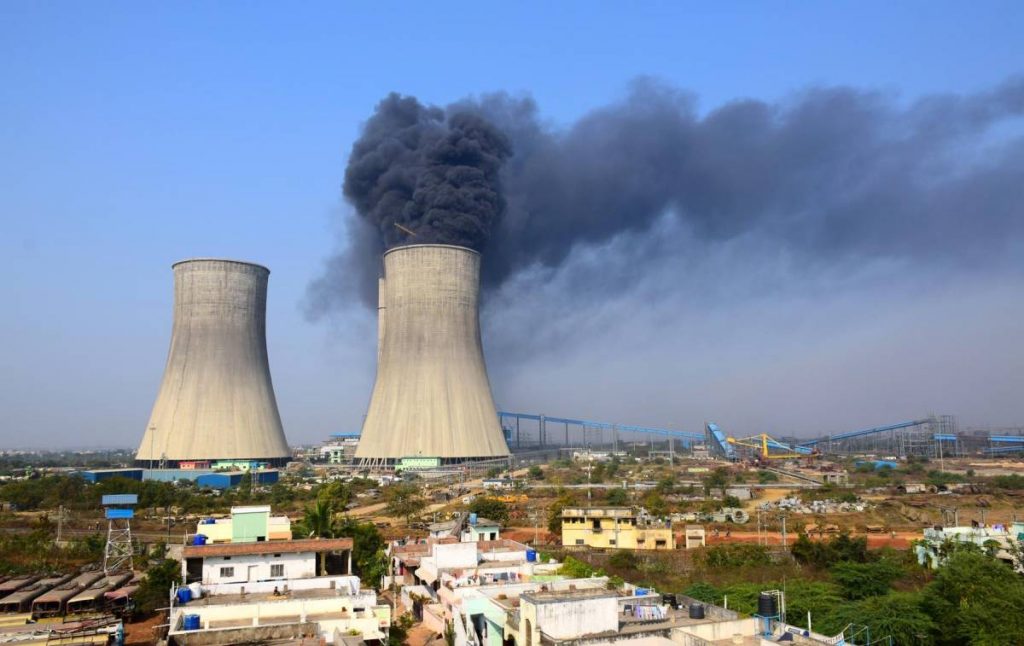
To meet the goals of the Paris Agreement to limit global temperature rises to 1.5 degrees, the global transition to clean power needs to progress four to six times faster than at present.
With coal being the single largest contributor to climate change, phasing it out and delivering a rapid, inclusive transition to clean energy is essential if we are to keep 1.5 degrees alive.
Twenty-eight new members on Wednesday signed up to the world’s largest alliance on phasing out coal, the Powering Past Coal Alliance (PPCA) launched and co-chaired by the UK.
Chile, Singapore and Durban joined over 150 countries, sub-nationals and businesses, including finance partners NatWest, Lloyds Banking, HSBC and Export Development Canada. This accounts for more than $17 trillion assets now committed to PPCA coal phase-out goals.

There has also been a 76 per cent cut in the number of new coal plants planned globally over the last six years which means the cancellation of 1,000GW of new coal plants since the Paris Agreement, roughly equivalent to around 10 times the UK’s total peak generating capacity.
Responding to the UK government securing coalition with commitments to phase out coal power, Jonathan Sims, Carbon Tracker Senior Analyst, told IANS: “Fresh country pledges to end the construction of new coal plants, which is vital if long-term climate goals are to be achievable, send a strong signal that coal is out for the count.”
Dave Jones, Ember’s global lead, said: “Today’s commitments will help to shift whole continents on their journey to phase out coal. This is such a big moment because by far the biggest gap in ambition to get to 1.5 degrees is a rapid collapse in coal generation i.e. for major economies to phase-out coal power by 2030 and the rest of the world by 2040.”

